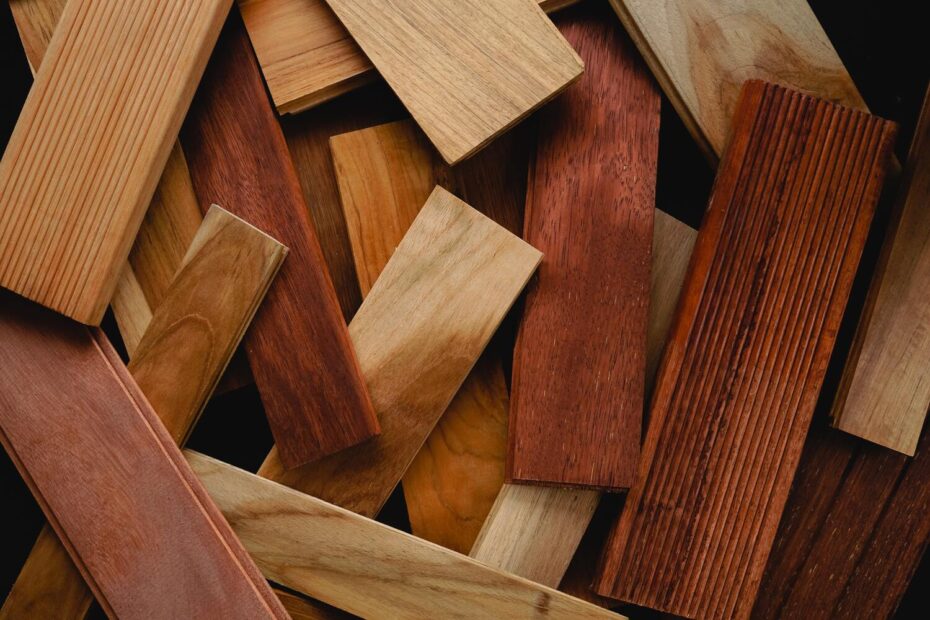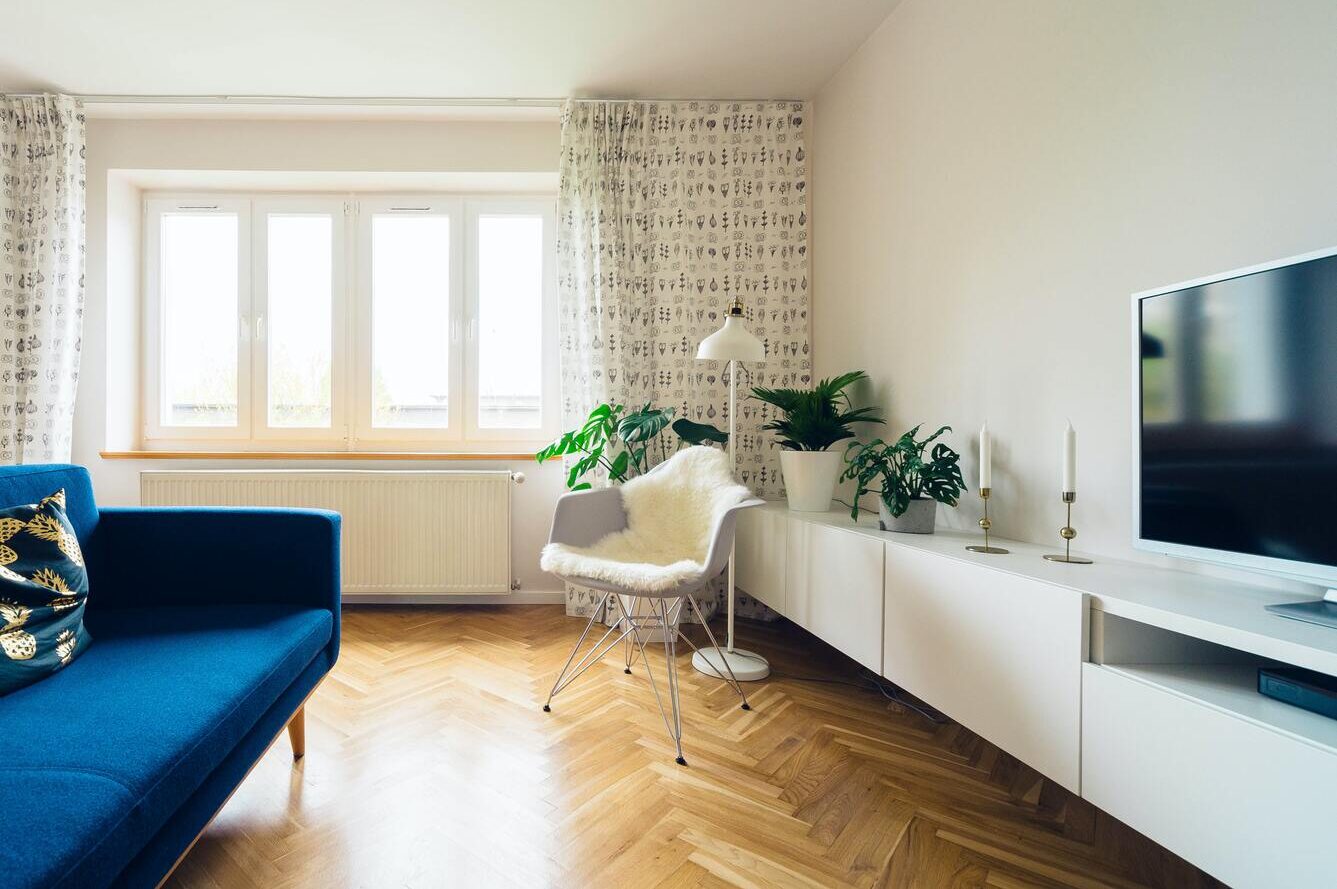The tones and textures of hardwood flooring add warmth and visual impact to a home. Synthetic wood-like flooring materials such as vinyl flooring make up for its less than desirable properties. If you are looking to achieve the wood-look in your home, should you opt for hardwood flooring vs wood-like manufactured materials such as vinyl flooring? This guide lists the key differences of vinyl flooring vs hardwood flooring to help you with your decision.
Appearance
Homeowners can now opt for various manufactured materials that simulate the appearance of real hardwood. While so, real hardwood can be said to have a timeless, elegant appeal that cannot be fully replicated by synthetic materials. Types of hardwood include teak, oak, walnut, and mahogany, amongst others. Genuine hardwood is sought after for its character as it ages well and lends warmth to interior spaces. Over time, hardwood develops a patina which can create a vintage feel to the home. The wood develops a lustrous satin finish and gradual muting of colours as a result of ageing over time.
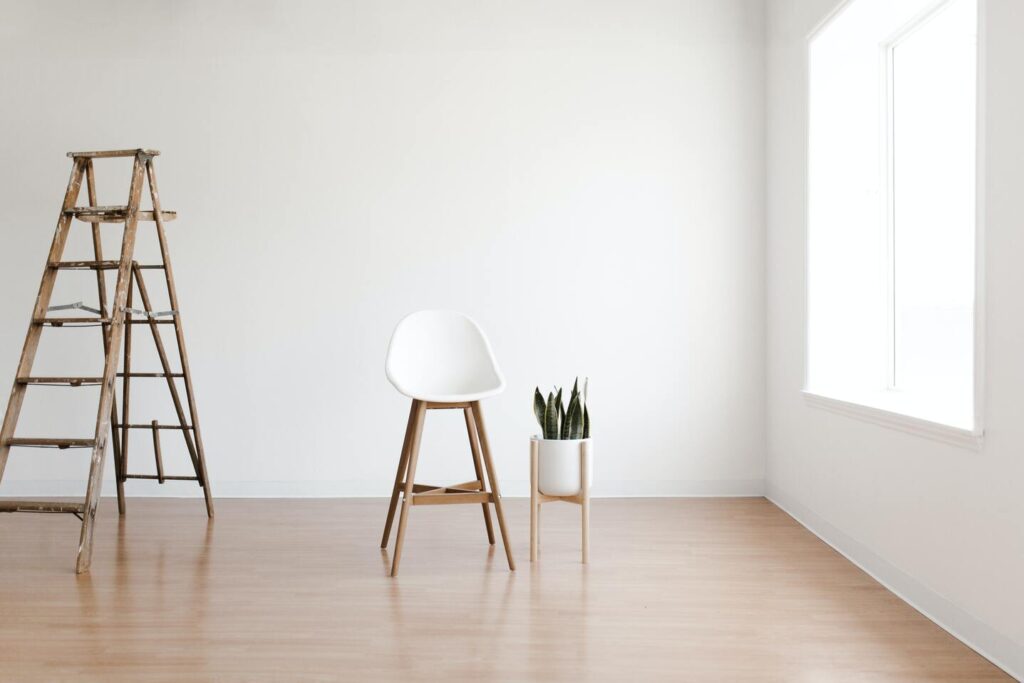
Vinyl flooring is one of the many flooring options on the market that can mimic the look of hardwood. However, it remains that genuine hardwood surpasses wood-like vinyl flooring in terms of appearance as the natural tones of hardwood cannot be fully imitated.
Cost
In Singapore, hardwood flooring costs upwards of $30 per sqft, so you can expect to pay a premium for this material. Besides the material cost, be prepared to fork out a substantial sum for installation of the material. Don’t forget that refinishing of the flooring is necessary to keep it in tip-top condition. This means you should also factor in the cost of maintenance.
Vinyl flooring, on the other hand, is one of the most cost-effective flooring materials on the market. Within the vinyl flooring spectrum, the price of vinyl flooring can vary. Vinyl flooring for HDB flats can go as low as $3.00 per sqft at HomeExpo.asia
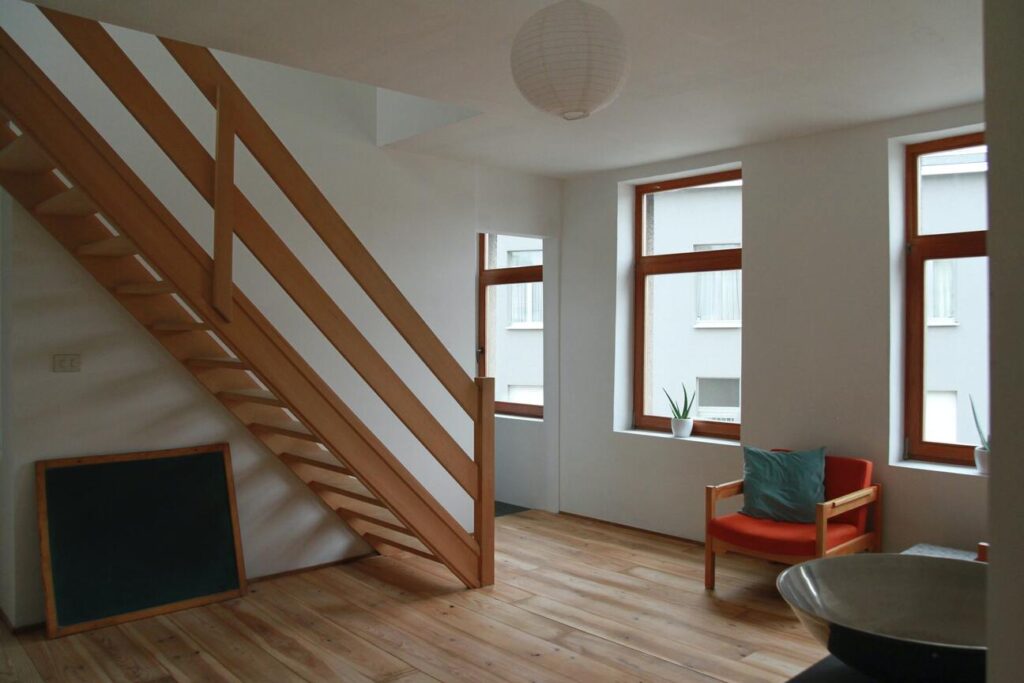
Moisture Resistance
Hardwood is a poor choice in areas with high moisture and humidity. The wood material does not hold up well in high-humidity areas and you may need to invest in a dehumidifier in these areas of the home. Since any contact with moisture comes as a hazard, it is recommended that only dry-clean methods be used on hardwood flooring, such as sweeping or using microfibre mops. The use of steam mops can drive moisture into the core of the material and cause warping. Spills should also be soaked up with a cloth or paper towel and not left to pool for a prolonged period of time, as water can work its way into the seams and cause irreversible damage.
In comparison, vinyl flooring is impervious to humidity and contact with moisture. Unlike hardwood flooring, you can have full peace of mind when it comes to the water-resistance properties of the material. Vinyl flooring is fully synthetic. The absence of organic material in its material composition means that it will not suffer any water damage and can even withstand soaking. This makes it an ideal choice for areas such as the bathroom and kitchen.
Durability
With proper and regular maintenance, hardwood flooring can be long-lasting. The process of sanding and refinishing it every few years can restore worn-down hardwood flooring and give it a new lease of life. All hardwood flooring has to be sealed, and it is this application of sealant that acts as a barrier between the hardwood and any dirt and grime buildup. This helps to prevent permanent damage to your hardwood flooring and preserve its longevity. With the sealant acting as the surface, any dirt can also be cleaned away easily. Sealants can either be polyurethane, water-based or solvent-based sealants. The choice of sealant depends on your desired results and the type of wood, although solvent-based sealants are usually not recommended as they are highly toxic.
Nonetheless, hardwood flooring is susceptible to scratches, dents and discolouration in spite of its longevity. If you have pets in your household, their nails can easily scratch up the hardwood flooring surface. Hardwood flooring differs in terms of their wood types, so if you live in a household with pets, you may wish to opt for harder wood types such as teak.
The comparative thinness of hardwood flooring may still mean it has lower indentation resistance compared to newer forms of vinyl flooring, such as Luxury Vinyl Tiles (LVT), or Stone Plastic Composite (SPC) vinyl flooring. The layered construction and increased thickness of these vinyl flooring types make them highly durable. They require relatively low maintenance and can withstand humidity, foot traffic and most impacts.
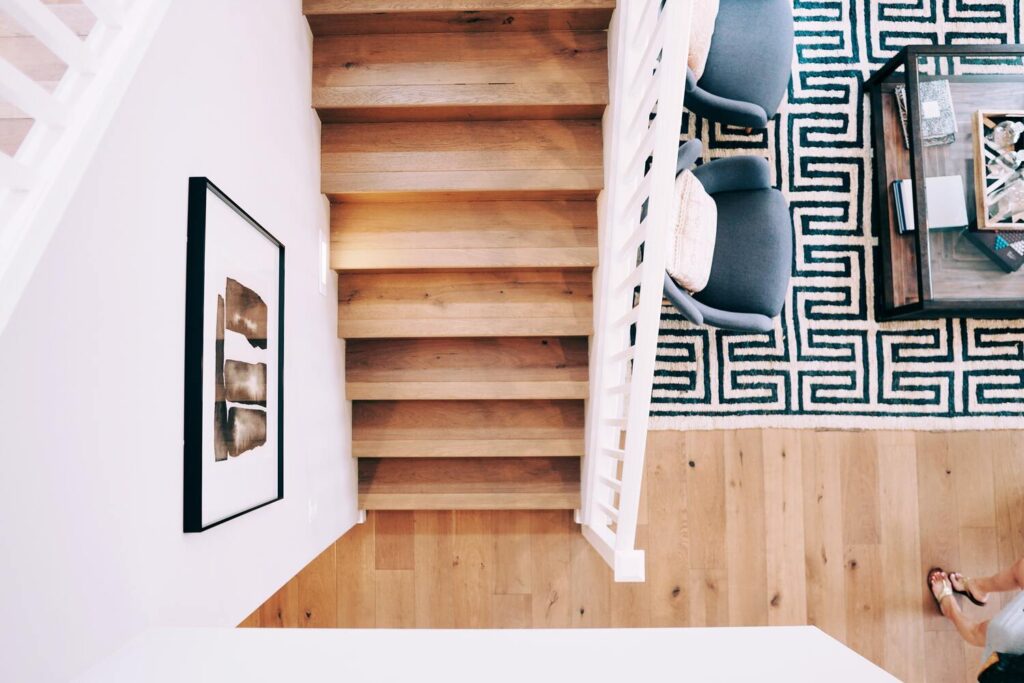
Final Words
Hopefully, this guide has given you a better understanding of the key differences between vinyl flooring and hardwood flooring and the pros and cons of each. Hardwood flooring is valued for its character and the vintage feel it can lend to a home. It can be revitalised but comes with heavy upkeep and a hefty price tag. In comparison, vinyl flooring is well-suited for the budget conscious. Its water-resistant properties and durability makes it a flooring material that gives great value for money.
